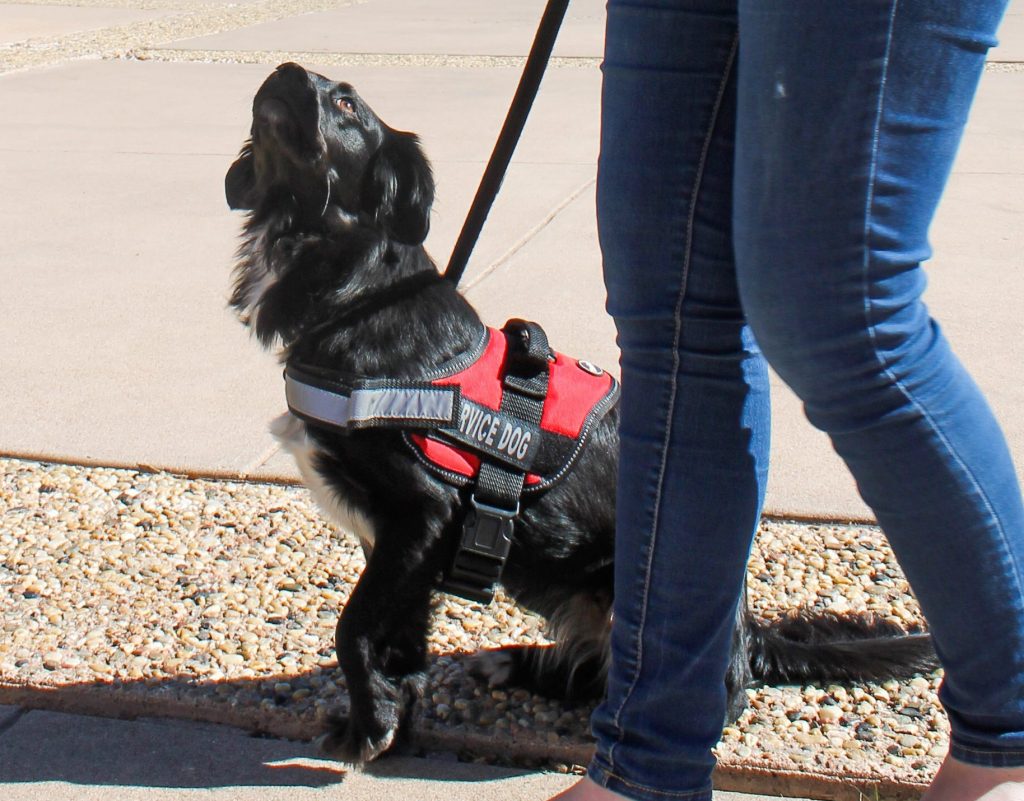The Brown Library has begun prohibiting emotional support animals from the building but still will allow service animals.
The library administration began working on policies for animals in the library in January, said Dr. Mark McCallon, associate dean of library information services. He said pets cannot be allowed in Starbucks because it is a food establishment and health codes prohibit animals in areas where food is served.
“The library is, I feel like, the most public building on campus,” McCallon said. “We are essentially the office of the students.”
Service animals, or SAs, cannot be prohibited in accordance with the Americans with Disabilities Act, but emotional support animals, or ESAs, can be prohibited by law. The Department of Justice website defines SAs as animals which have been trained to perform a specific task, whereas ESAs “provide comfort just by being with a person.”
The university released guidance for policies regarding SAs and ESAs on Feb. 21, but policies have not been decided in all buildings. The ADA requires that SAs be permitted in any public accommodations, but classrooms and labs do not count as public accommodations. Departments have been asked to make their own policies.
ESAs are allowed in residence halls because of the Fair Housing Act, so McCallon said this year he has seen an increase in students bringing their ESAs into the library.
“They’re walking their animal around the trail and they’re coming in to get Starbucks real quick,” McCallon said. “Is this just a pet? What is it’s purpose? Without asking, we don’t have a way of determining that.”
McCallon and John Weaver, dean of library services and educational technology, decided on the policy in January and has since worked with library staff to implement the policy. The policy is not posted anywhere in the building yet, but staff can ask people who bring animals in the library to leave. If the animal is a service animal, the ADA requires that staff ask only two questions: 1) Is the dog a service animal required because of a disability? and 2) what work or task has the dog been trained to perform?
“We’re not trying to be hostile at all, we just want to make sure we’re clear on our policies and the conduct of the animals,” McCallon said.
Even SAs can be removed from the building if the animal creates a disturbance or violates the library policy.

